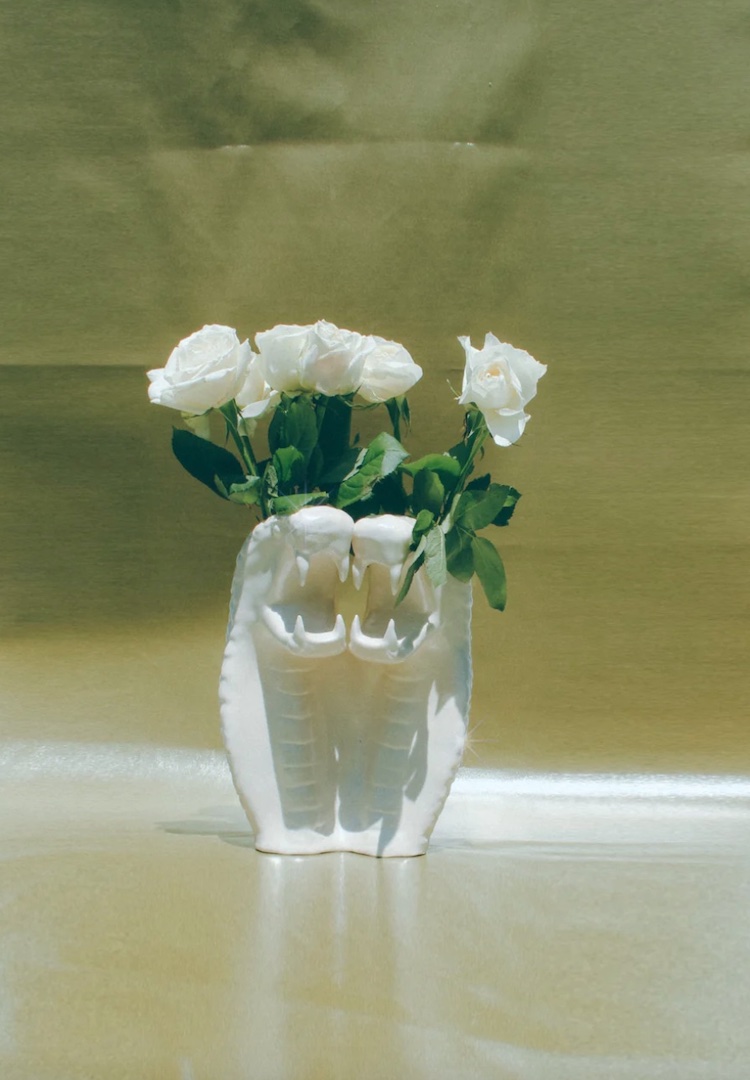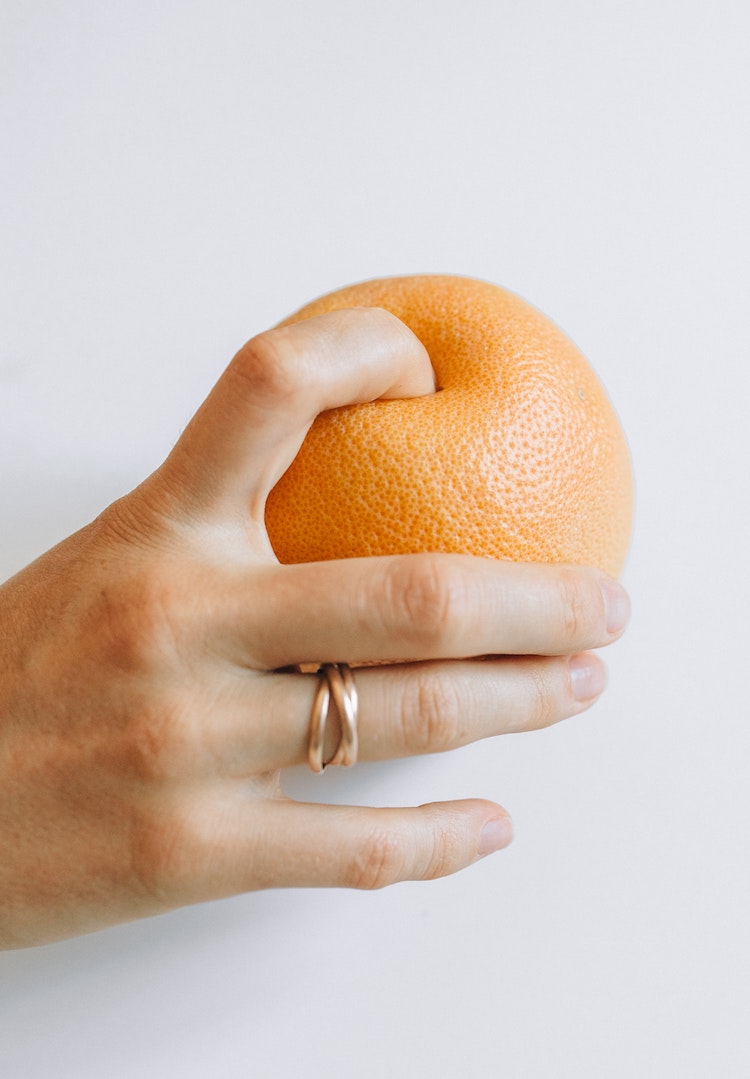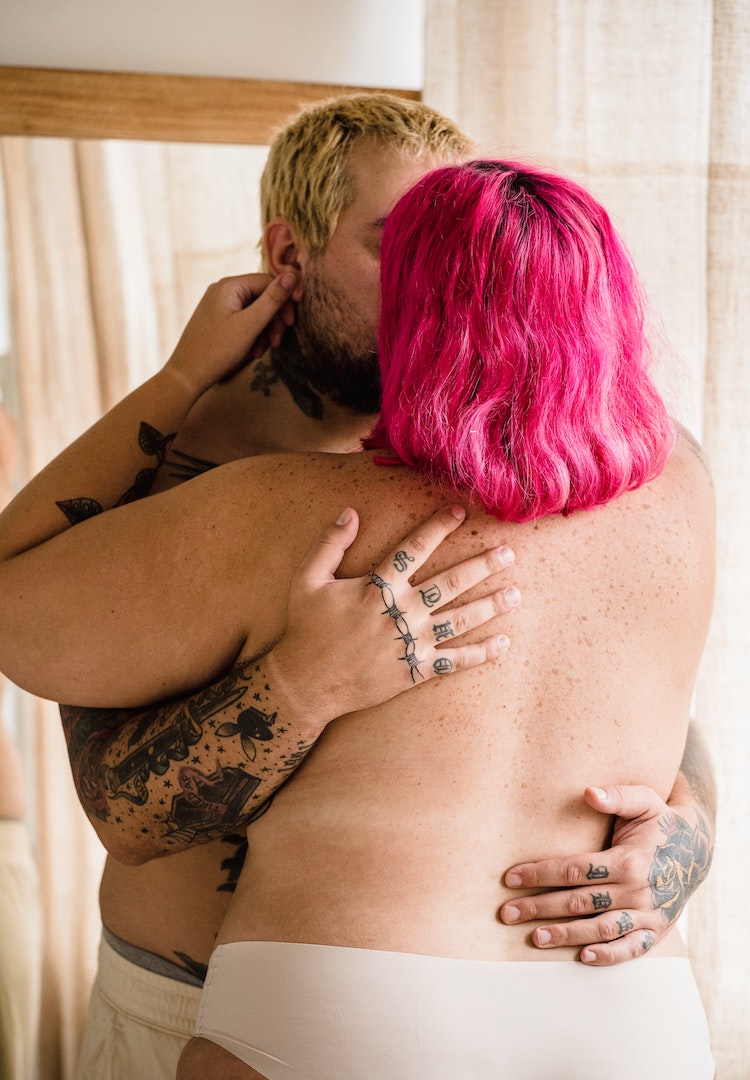Is it okay to have crushes while in a relationship?
IMAGE VIA @degoey_planet/INSTAGRAM
WORDS BY MAGGIE ZHOU
“The line between a crush and an affair can be tiny and once you cross it you will need to live with that for the rest of your life.”
Between the ages of 10 and 15, I was riddled with heart-aching crushes. I can almost distinguish periods of time by the white boy of the month I was obsessed with at that moment.
Not dissimilar to the way I’d pick classes to enrol with, the start of every school year began with me setting my sights on a boy who would then become my fixation for 365 days. After the summer holidays came to an end, the process would inevitably start again, like some Disney Channel version of The Hunger Games.
Interested to hear how others navigate the world? Head to our Life section.
For many people, crushes are a formative part of growing up. Giddiness, yearning and infatuation are put on a high-speed spin cycle. Having a crush is a feeling I both love and despise. You’re subjected to vulnerability and left out in the open with your emotions on full display.
When I entered my first relationship at age 15, I closed the door on crushes. Eight years later, that door is now ajar. I’ve recently found myself with a crush on someone, all while in a relationship. This discovery was met with a flurry of mixed emotions. Should I feel guilty? Is this a telling sign something is wrong in my relationship? Or is it just some harmless fun?
“Crushes come and crushes pass, some are driven by fantasy and others by reality,” says Sydney-based couples psychotherapist Lissy Abrahams. “Some crushes are developed with a deep desire to couple with that person, whilst others are simply fun little mind games or a way to appreciate someone’s desirable traits.”
As is the case with being with someone for over eight years, I told my boyfriend about my crush almost immediately after my realisation about it. Bringing him into the fold dissipated potential feelings of betrayal or jealousy.
“It is immensely common to have external crushes, particularly fleeting ones,” Lissy explains. “It doesn’t necessarily mean you are unhappy in your relationship, or that you need to act on the feelings. It does, however, become an issue when it starts to alter your existing relationship dynamics.”
So, what’s the difference between a healthy and toxic crush? How should you navigate a crush while in a relationship? Below, I chat to Lissy who provides some insight.
What does a healthy crush look like?
Healthy crushes are the type of crush that don’t violate or betray your partner. They are grounded in fun fantasy. Think of a celebrity crush. These types of fantasies are typically harmless. They don’t involve any level of emotional affair and the boundaries are clear where it’s nothing more than a higher form of admiration. A healthy crush can look like:
- A fantasy about a celebrity
- Recognising that someone in your life is physically or emotionally attractive
- Noticing that someone sticks out above others in your mind
- Having a higher level of admiration for someone
Sometimes, crushes can have other benefits. For example, they can help you discover things that you are into and might want to explore with your partner. Crushes can also be the instigator of self-enquiry, where you analyse the traits you’re attracted to in others and why this may be the case.
Crushes can be healthy as they may reveal you’re not where you may need to be in your relationship. They can highlight areas that may genuinely be lacking, or in more serious cases can provide a wake-up call and show you that you are not in the right partnership. If crushes seem too frequent and too strong, they can be an indicator that you either need to put some serious effort into your relationship, potentially leading you to therapy, or at worst, even ending your relationship.
What does an unhealthy crush look like?
In many cases, crushes aren’t something to worry about. Having a crush doesn’t immediately mean that you are having problems in your relationship, or that it is indicative of other deeper issues in your relationship. However, an unhealthy crush is one where you have a strong desire to act on the crush, you’re thinking about the person excessively and it distracts you from your current relationship. This may cause you to feel less attracted to your partner, even lowering your desire to connect on many levels.
An unhealthy crush may also lead to you lying to your partner or practising deceptive behaviours like deliberately mentioning the crush’s name less frequently or being more territorial with your phone in fear that your partner will see you texting them. You may feel guilt at your deception when relationship lines are being crossed, as an unhealthy crush is one that crosses physical and/or emotional boundaries.
Ask yourself, are you initiating excessive contact with that person, hanging out with them more than others, feeling elation when they do text you? Are you obsessing over them in your mind or feeling more excited by their attention than the attention of your partner? Have you kept the extent of the contact secret from your partner? If the answer is yes to any of these, your crush might have progressed from the fun and innocent territory into more of an affair, which could threaten the stability of your relationship.
How should someone deal with having a crush while in a relationship?
The first thing to do is to assess the reason and intensity. The range of acceptability of crushes will depend on the boundaries the couple have negotiated. Some people enjoy sharing their crushes with their partners, whilst others might see this as hurtful.
Assess the intensity of the crush
What is the intensity of the crush? Is it just a flightless fancy, purely a little mind game meant for fun and amusement, or is it something more? Is it akin to the intensity of a celebrity crush or is it closer to an emotional affair? For a low-intensity crush, typically there is little that needs to be done.
Be open to growth and self-exploration
The next step is to assess the reason for the crush. Is it just a little fun or is there something more serious that the crush is indicating? Sometimes crushes come from a place of dissatisfaction in your relationship. This is where a crush can put a spotlight on you and/or your relationship. It’s important to understand where these feelings come from so you can identify areas that need an injection of what’s missing to light up your own life and relationship.
Take care of your relationship – no one can compete with a fantasy
When we have a crush on someone, we often create a fantasy of them as the most incredible human imaginable. We imagine they’re always sexy, creative, desiring, alive, funny, attractive, calm, intelligent, attentive… We put the crush on a pedestal and pump them with these qualities… Unfortunately, our partner can’t compete with the idealised version of our crush and this can cause us to view them as rather uninspiring and lacking in many departments.
Value your integrity
Ask yourself, how would you feel if your partner had this crush on someone? How would you want or expect them to behave with them? The line between a crush and an affair can be tiny and once you cross it you will need to live with that for the rest of your life… When people cross this line, the ramifications can be immense and can have serious consequences for yourself, your partner and any children you may have.
Be careful not to make excuses for your behaviour but question whether you’re in your integrity. Are you flirting? Are you seeking your crush out? Are you testing your partner? Are you self-destructing? Are you seeking a dopamine hit through risk-taking behaviour?
This discussion around crushes is mainly focused on a conventional monogamous relationship. It is important to note that other relationship structures exist that allow crushes to be explored in a way that is psychologically safe for both partners.
If this is something that you feel drawn to, consider exploring ethical non-monogamy so that you can enjoy the process of developing crushes and taking them further in a safe and ethical way. Communication is key to exploring your wants and desires, particularly if you have another person’s feelings to also take into consideration.
For more on crush culture, head here.










